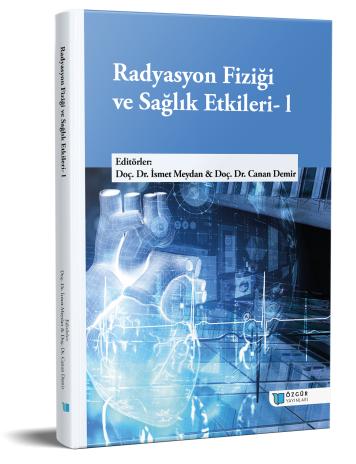
Medical Intervention in Radiological and Nuclear Exposures
Chapter from the book:
Meydan,
İ.
&
Demir,
C.
(eds.)
2024.
Radiation Physics and Health Effects I.
Synopsis
Radiation accident is an event that occurs during an application with ionizing radiation and is characterized by unexpected irradiation of the public or the environment. In radiological and nuclear incidents, the number of people affected may vary depending on the nature of the incident. Radiation disease called Acute Radiation Syndrome occurs, which is characterized by the effects of the skin, hematopoietic system, digestive system and cerebrovascular system due to exposure of a local area or the entire body to high doses of radiation. Exposure to high doses of radiation also has long-term consequences, such as increased risk of thyroid disorders and cancer, leukemias and other solid cancers, infertility, and cardiovascular disease. Triage is important in planning intervention in acute radiation exposure. Triage is the classification of patients or injured people after radiation exposure according to the priority of medical assistance and their transportation to health centers where advanced medical care will be provided.
Since radiological and nuclear exposures are always a major source of risk for society, relevant non-governmental organizations and healthcare professionals must always be prepared. Dealing with high-dose radiation exposure requires a variety of strategies, including policy decisions, education of physicians, responders, and the public, and prevention and medical management plans. The most important strategy is prevention.

